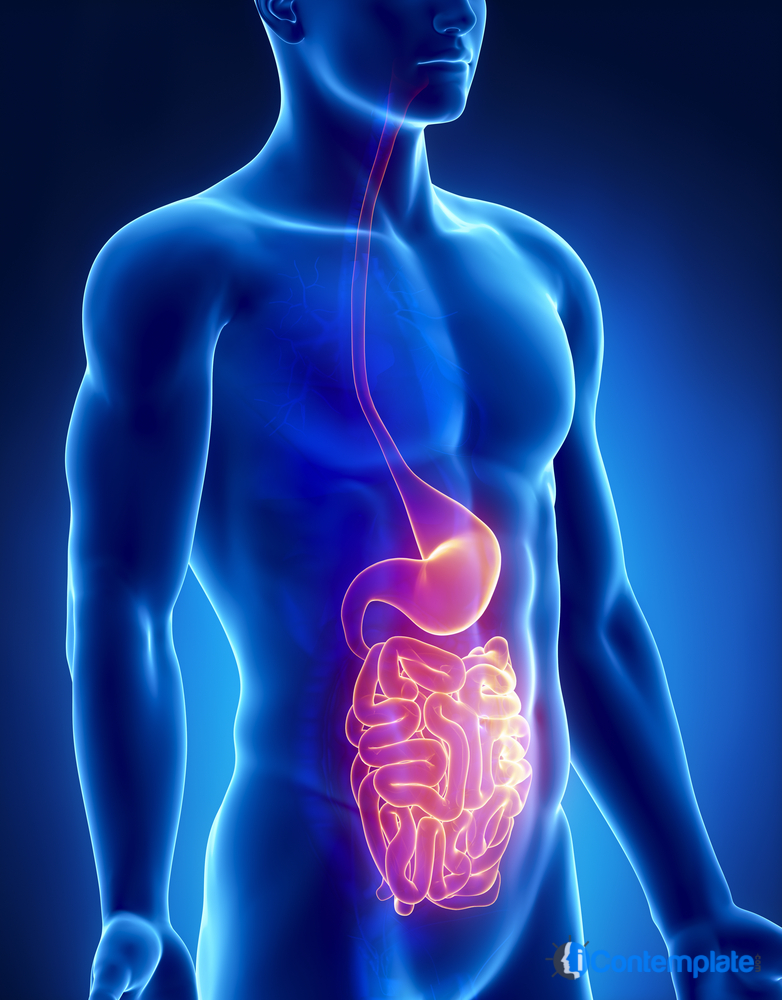<p style="text-align: justify;">Do you suffer with digestive troubles? If so, your body may not be producing enough enzymes to properly break down your food. Learn how each of the seven major organs aids in digestion.</p>
<h3 style="text-align: justify;"><strong>Esophagus</strong></h3>
<p style="text-align: justify;">The esophagus connects the mouth to the stomach. As you swallow, the esophagus pushes the food down into your stomach.</p>
<h3 style="text-align: justify;"><strong>Stomach</strong></h3>
<p style="text-align: justify;">Your stomach contains gastric acid, a digestive enzyme that breaks food down into a thick liquid that can be utilized by the rest of the digestive tract.</p>
<h3 style="text-align: justify;"><strong>Liver</strong></h3>
<p style="text-align: justify;">Your liver manufactures a digestive enzyme called bile and sends it to the gall bladder. When the liver is not functioning properly, it is unable to produce enough bile to help with digestion.</p>
<h3 style="text-align: justify;"><strong>Gallbladder</strong></h3>
<p style="text-align: justify;">The gallbladder is the storehouse for bile in your body. As food is emptied from the stomach into the small intestines, the gallbladder releases bile to help your body break down fats into usable energy.</p>
<h3 style="text-align: justify;"><strong>Pancreas</strong></h3>
<p style="text-align: justify;">Your pancreas produces pancreatic enzymes. These enzymes help the body break down carbohydrates, some fats and proteins.</p>
<h3 style="text-align: justify;"><strong>Small Intestine</strong></h3>
<p style="text-align: justify;">When the food from the stomach has been broken down, it is released into the small intestine. The small intestine is where the bile and pancreatic enzymes begins to break food down into usable nutrients.</p>
<h3 style="text-align: justify;"><strong>Large Intestine</strong></h3>
<p style="text-align: justify;">Once food has passed through the small intestine, the large intestine removes the electrolytes and fluids from the remaining food to be used for the body.</p>
<p style="text-align: justify;">As you can see, it takes many organs working together to break down food into usable nutrients. When any of these organs do not work properly, digestive issues can occur. One of the most common reasons for digestive trouble is a disruption in the small intestine.</p>
<p style="text-align: justify;">Digestive enzymes along with intestinal support supplements can be especially beneficial for those who have inflammation, a leaky gut or an overgrowth of yeast in the intestinal tract. Each of these issues can lead to difficulty in digestion, which can lead to malabsorption of key nutrients.</p>
<p style="text-align: justify;">Vita Living offers a broad selection of enzymes, understanding what each type of enzyme does, can help you overcome metabolic troubles and digestive issues. Protease enzymes help to break down proteins. Another set of digestive enzymes is carbohydrase enzymes. These enzymes are responsible for breaking down of carbohydrates and sugars in the body. Finally, lipase helps to break down fats.</p>
<p style="text-align: justify;">Once you understand how enzymes help balance the GI tract, you can discern which intestinal supplement you need. For example, if you seem to gain weight, feel sluggish or experience gastrointestinal disturbances when you eat protein, you may benefit from a protease enzyme supplement. On the other hand, if carbohydrates cause you problems, try a carbohydrase enzyme. Finally, if you have problems digesting fats or you hurt after eating fatty meals, try a lipase enzyme.</p>
<p style="text-align: justify;">By beginning an intestinal support supplementation, you can overcome malabsorption, eliminate digestive issues and even lose weight. Use the information listed above to help you determine which enzyme you need.</p>

Get Relief With GI Support Formulas With Enzymes
